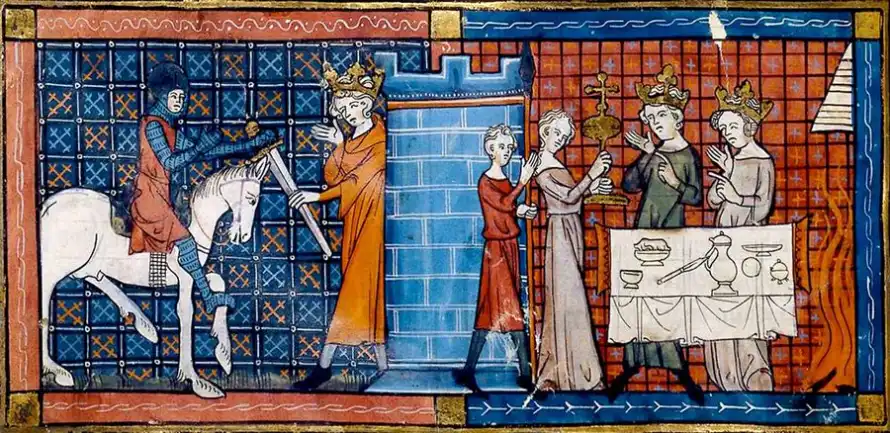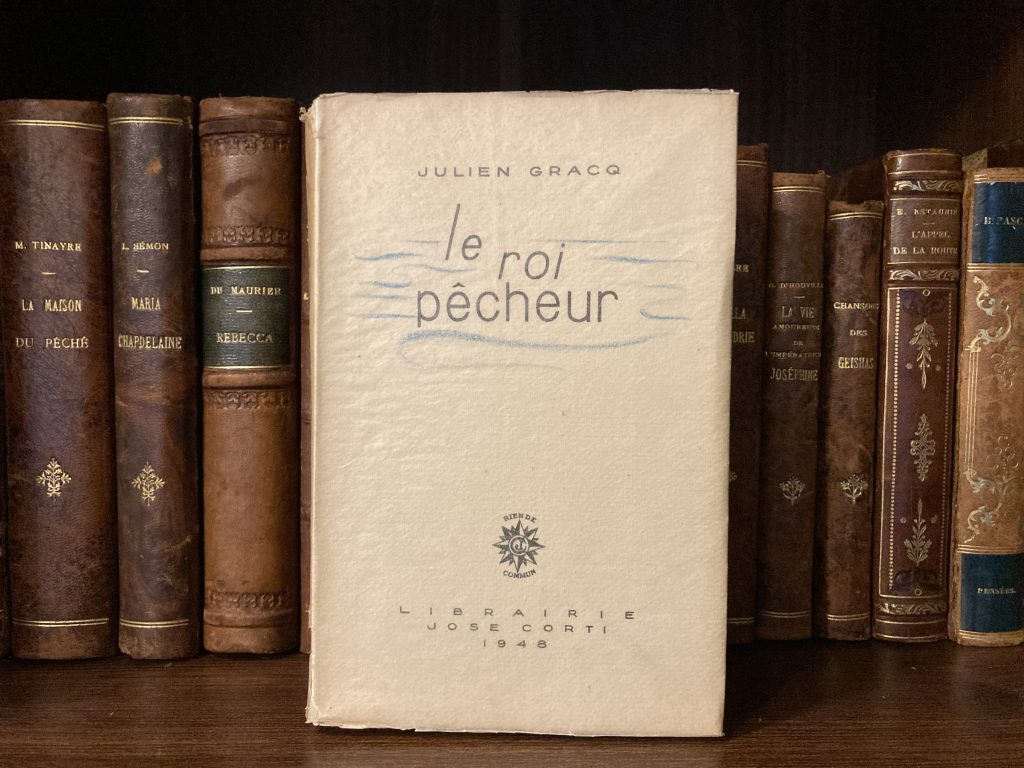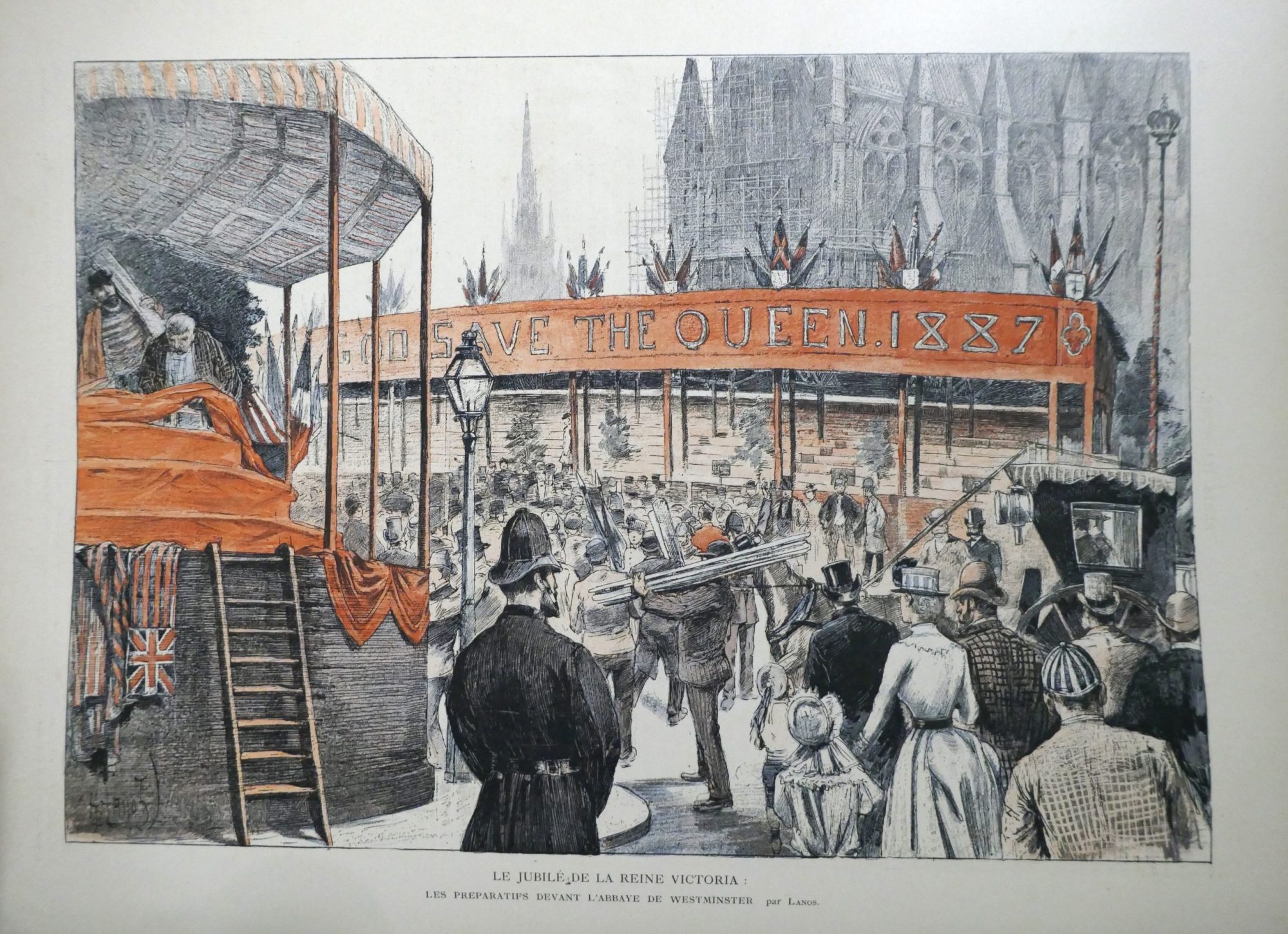The Fisher King Myth of Modernity
If the world could be redeemed by just one question, what question would that be? This question, not the answer, would’ve allowed Percival to heal the eternal wound of the Fisher King along with his barren kingdom in one of the great legends about the Holy Grail.

Perceval arrives at the Grail Castle to be greeted by the Fisher King in an illustration for a 1330 manuscript of Perceval, the Story of the Grail.
Fisher King and the Grail
The Fisher King is a figure in Arthurian legend, the last in a long line of British kings tasked with guarding the Holy Grail. The Fisher King is both the protector and physical embodiment of his lands, but a wound renders him incapable and his kingdom barren. As a literary character, he first appears in Chrétien de Troyes’ Perceval, the Story of the Grail in the late 12th century.
Myth of Modernity
Unsurprisingly, the myth of the Fisher King would regain relevance in the 20th century. In the wake of unprecedented desolation and uncertainty, there was no answer to the anxieties of the time. What was left was only to tap around in the dark with a myriad of questions. Ultimately, the Fisher King’s wound became the ubiquitous signifier of the now gaping hole in meaning, making the Maimed King an existential figure.
Among those who recognized the fertile literary ground in the myth of Amfortas’ barren kingdom was Julien Gracq, a French writer and literary critic who in 1948 wrote a play titled “Le roi pêcheur”. He pulled the wounded king Amfortas from the periphery of the Arthurian imagination, making him the central figure of his play.
While Gracq keeps the same narrative structure as Wolfram von Eschenbach’s and Wagner’s Parsifal, he makes one crucial change. The king, once driven to madness by the everlasting pain, now doesn’t wish to heal at all. In other words, he doesn’t wish to fill in the hole in meaning with definite answers. And what great answer can account for the desolation caused by the First and Second World Wars?
Wounds of War
As Theodor Adorno said in his famous 1949 essay: “To write poetry after Auschwitz is barbarism.”
For Gracq too, this was barbarism, which is why he rids the myth of Christian ideology and instead replaces it with the uncertainty and mystery of waiting, yearning, and a sense of impending doom. The play also evokes this uncertainty through its murky style, combining elements of poetry, symbolism, and surrealism. Suppose great ideologies with their absolute solutions to the human condition brought so much suffering. In that case, literature has a political duty to abstain from any such definite closure and never let the wound heal.
Here, we have a numbered copy of the play with a foreword by the author, reflecting on the history of French dramatic literature and taking a closer look at this Arthurian legend. This foreword is also a good reflection of the literary zeitgeist.






